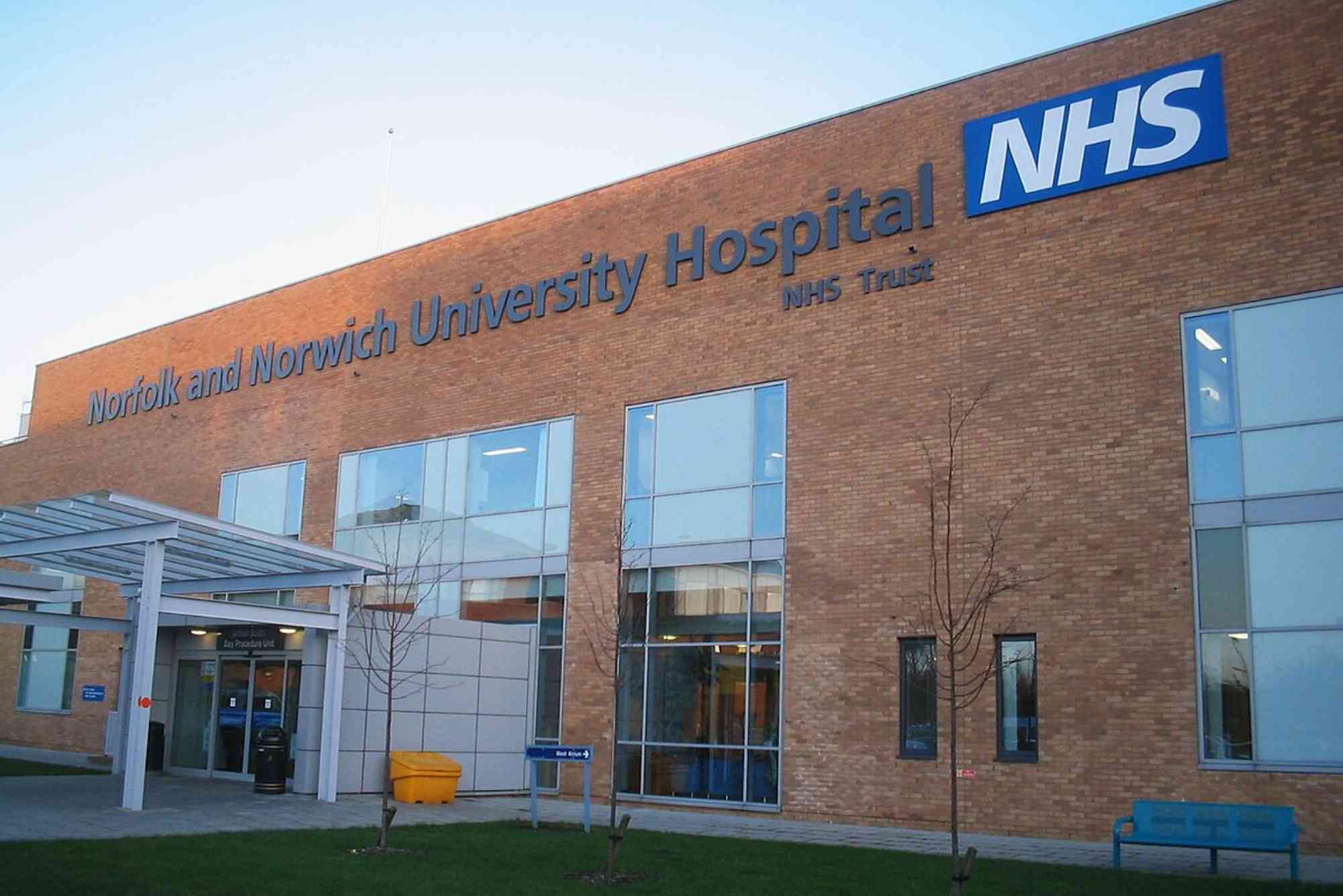Understanding NHS health services is essential for anyone living in the UK. Whether you’re managing a chronic condition or need emergency care, knowing what the National Health Service offers helps you access the right support at the right time. In this guide, we’ll explore how NHS health services work, the different care options available, and how to navigate them efficiently.
What Is the NHS?
The National Health Service (NHS) is the publicly funded healthcare system in the United Kingdom. It provides medical services free at the point of use for UK residents, funded mainly through general taxation.
Since its founding in 1948, the NHS has grown into one of the world’s largest and most comprehensive health systems. NHS health services cover everything from general checkups to life-saving surgeries.
How NHS Health Services Are Structured
NHS England, Scotland, Wales, and Northern Ireland
Although commonly referred to as the NHS, the health service is managed separately in each UK nation. This means NHS services in England, Scotland, Wales, and Northern Ireland are funded and administered independently, with slight variations in how care is delivered.
Primary, Secondary, and Tertiary Care
NHS health services are organised into levels of care:
- Primary care: The first point of contact, usually a GP (general practitioner).
- Secondary care: Specialist services, typically accessed via referral.
- Tertiary care: Advanced specialist treatment, such as complex surgeries or rare disease management.
Understanding these layers helps you know where to go and what to expect.
Accessing NHS Health Services
Registering With a GP
Registering with a local GP is the gateway to most NHS services. GPs handle general health concerns and provide referrals to specialists if needed. You can register for free at any GP practice that accepts new patients.
NHS 111: Your First Line of Advice
NHS 111 is a non-emergency helpline that’s available 24/7. You can call or use the online service to get health advice, find local services, or be directed to urgent care.
Walk-In Centres and Urgent Treatment Centres
For issues that aren’t emergencies but still need attention quickly—like infections or minor injuries—you can visit a walk-in centre or an urgent treatment centre. These centres don’t require appointments and are open extended hours.
Common NHS Health Services Explained
General Practice Services
GPs are your go-to for most everyday health concerns. They diagnose conditions, manage medications, and provide vaccinations, health checks, and referrals.
Hospital Services
Hospital services cover a wide range of secondary care. From outpatient appointments to surgical procedures, hospitals offer both planned and emergency services.
Mental Health Services
Mental health support is an integral part of NHS health services. You can access therapies, counselling, and psychiatric care through your GP or local mental health trust.
Maternity and Child Health
Pregnancy, childbirth, and postnatal care are fully covered under NHS services. Midwives, health visitors, and GPs work together to support both mother and baby.
Prescriptions and Medications
In England, most prescriptions incur a standard fee. However, in Scotland, Wales, and Northern Ireland, prescriptions are free. Some people qualify for exemption, depending on age, income, or medical conditions.
Dental and Optical Services
These services are partly covered. While emergency dental care is free, routine appointments often carry a charge. Similarly, NHS eye tests are free for certain groups, including children, those over 60, and people with specific health conditions.
Emergency NHS Services
When to Call 999
Dial 999 for life-threatening emergencies such as chest pain, breathing difficulties, or severe injuries. Ambulance services are part of NHS emergency care.
A&E Departments
Accident and Emergency (A&E) departments treat serious injuries and sudden illnesses. They operate 24/7 and are staffed by emergency physicians and nurses trained to handle urgent cases.
Digital NHS Services
NHS App and Online Services
The NHS app allows patients to book appointments, order repeat prescriptions, view medical records, and get health advice—all from their mobile device.
Online Consultations
Many GP practices now offer video or phone consultations. This makes NHS health services more accessible, especially for people with mobility issues or those living in remote areas.
Understanding NHS Wait Times
Due to high demand, some NHS health services involve waiting times, especially for non-urgent care. However, urgent needs are prioritised. The NHS has targets to reduce these delays, including a goal for elective surgery within 18 weeks of referral.
Your Rights as an NHS Patient
Free at the Point of Use
Most NHS services are free, including GP appointments, emergency treatment, and hospital care. Charges apply to some services like dentistry and prescriptions, depending on where you live.
Confidentiality and Consent
All NHS care is confidential. You have the right to understand your treatment options and to give informed consent before any procedure.
Choice and Second Opinions
You can choose your GP and hospital, and you’re entitled to seek a second opinion if you’re unsure about a diagnosis or treatment.
Supporting the NHS
Volunteering and Giving Back
Many people support NHS health services by volunteering or donating to NHS charities. Volunteers assist in hospitals, provide patient support, and help with logistics during crises.
Using Services Responsibly
Using the right service at the right time—like calling NHS 111 instead of visiting A&E for minor issues—helps reduce strain and ensures care is available to those who need it most.
Future of NHS Health Services
The NHS continues to evolve, embracing digital health, expanding mental health care, and tackling workforce shortages. These innovations aim to make NHS health services more efficient and responsive to future needs.
Making the Most of NHS Health Services
Navigating NHS health services doesn’t have to be confusing. By understanding what’s available and how to access it, you can get the care you need efficiently and confidently. Whether it’s a routine check-up or emergency support, the NHS is there to help.
Need help now? Download the NHS App or call NHS 111 to get started with the care you need today.
FAQs: NHS Health Services
What are the 4 main services of the NHS?
The NHS includes primary care, secondary care, urgent/emergency services, and community care.
How do I register with the NHS?
You can register by contacting a local GP practice. Bring proof of ID and address.
Is NHS healthcare free for everyone?
Most NHS health services are free for UK residents. Some services, like dentistry, may carry charges.
Can I get a second opinion from another NHS doctor?
Yes, patients have the right to seek a second opinion, especially for serious diagnoses.
What is the difference between NHS 111 and 999?
NHS 111 offers non-emergency advice, while 999 is for life-threatening emergencies.




